Withdrawal Symptoms 2MMC
Premium research chemicals, lowest prices guaranteed
Understanding 2MMC Withdrawal Symptoms: A Comprehensive Guide for Researchers
When diving into the fascinating world of research chemicals, it’s essential to grasp the full spectrum of effects these substances can have on the human body. One compound that has captured the scientific community’s attention is 2MMC. Known for its stimulant properties, 2MMC has become a popular subject of study. However, like many psychoactive substances, it can lead to withdrawal symptoms upon cessation. In this article, we’ll delve deeply into the withdrawal symptoms associated with 2MMC, providing researchers with a comprehensive understanding of what to expect. And remember, for all your research needs, Chemistry King has got you covered!

What is 2MMC?
2MMC, or 2-methylmethcathinone, is a synthetic stimulant belonging to the cathinone class. It’s closely related to the better-known 3MMC and 4MMC. Researchers are interested in 2MMC due to its potent stimulating effects, similar to those of methamphetamine and MDMA. It’s important to note that 2MMC is intended for research purposes only and is not approved for human consumption. For high-purity 2MMC and other research chemicals, Chemistry King is your trusted source.
The Nature of Withdrawal Symptoms
Withdrawal symptoms occur when a person who has been using a substance regularly suddenly stops or reduces their intake. These symptoms arise because the body has become accustomed to the presence of the substance and must readjust to its absence. With 2MMC, the withdrawal experience can be quite challenging due to the compound’s powerful effects on the brain’s neurotransmitter systems.

We sell our products exclusively to customers aged 18 and over, strictly for research purposes only.

Common Withdrawal Symptoms of 2MMC
One of the most prevalent withdrawal symptoms of 2MMC is extreme tiredness. Users often report a significant drop in energy levels, feeling drained and lethargic for several days after cessation.
2MMC stimulates the release of dopamine and serotonin, neurotransmitters that play a crucial role in mood regulation. When the drug is no longer present, users may experience a rebound effect, leading to feelings of depression and heightened anxiety.
Despite feeling fatigued, some individuals find it difficult to sleep when withdrawing from 2MMC. This paradoxical insomnia can be particularly distressing and may exacerbate feelings of anxiety and depression.
A common withdrawal symptom from stimulant substances is an increased appetite. During periods of 2MMC use, appetite is often suppressed, so it’s natural for the body to crave food once the drug is discontinued.
Psychological cravings for 2MMC can be intense. These cravings are driven by the brain’s desire to regain the euphoric and stimulating effects of the drug.
Some users report difficulties with concentration, memory, and other cognitive functions during withdrawal. This can impact daily activities and work performance.
Managing Withdrawal Symptoms
For researchers studying 2MMC, understanding how to manage withdrawal symptoms is crucial. Here are some strategies that might help mitigate these symptoms:
- Gradual Tapering: Instead of abrupt cessation, gradually reducing the dosage of 2MMC can help the body adjust more smoothly and lessen the severity of withdrawal symptoms.
- Hydration and Nutrition: Maintaining proper hydration and a balanced diet can support overall health and well-being during withdrawal. Consuming foods rich in vitamins and minerals can aid in the recovery process.
- Sleep Hygiene: Establishing a regular sleep routine and creating a restful environment can help manage insomnia. Avoiding caffeine and electronic devices before bedtime can also improve sleep quality.
- Mental Health Support: Engaging with mental health professionals can provide valuable support. Therapy and counseling can help address the emotional and psychological challenges associated with withdrawal.
- Physical Activity: Regular exercise can boost mood, increase energy levels, and improve sleep patterns. Even light activities like walking or yoga can be beneficial.
- Social Support: Connecting with friends, family, or support groups can offer emotional support and reduce feelings of isolation during the withdrawal process.
A Deeper Dive into 2MMC's Impact on the Brain
Understanding the chemistry behind 2MMC’s effects on the brain can shed light on why withdrawal symptoms occur. 2MMC increases the levels of dopamine and serotonin in the brain, creating feelings of euphoria and heightened energy. Over time, the brain becomes reliant on the presence of 2MMC to maintain these elevated neurotransmitter levels. When 2MMC is abruptly removed, the sudden drop in dopamine and serotonin can lead to the emotional and physical symptoms characteristic of withdrawal.
Chemistry King’s commitment to providing high-quality, rigorously tested research chemicals ensures that researchers have reliable products to study these complex processes. Our range of research chemicals, including 2MMC, 3MMC, and others, are designed to meet the needs of scientists exploring the intricate workings of psychoactive substances.
The Importance of Responsible Research
It’s vital for researchers to approach studies involving 2MMC with a strong sense of responsibility. Understanding and documenting withdrawal symptoms not only adds to the scientific body of knowledge but also helps in developing guidelines for safe usage and potential therapeutic applications. Research conducted with ethics and caution ensures that findings are credible and beneficial for future studies.
At Chemistry King, we support researchers in conducting thorough and ethical studies by offering products that adhere to the highest purity standards. Our dedication to quality ensures that you can trust the compounds you’re working with, allowing you to focus on your groundbreaking research.

Understanding the withdrawal symptoms of 2MMC is essential for researchers working with this compound. By recognizing the potential challenges and implementing strategies to manage them, researchers can better support individuals who may experience withdrawal. As always, the use of 2MMC should be approached with caution and respect for its powerful effects. With comprehensive knowledge and careful planning, the scientific community can continue to explore the fascinating properties of 2MMC while ensuring safety and well-being.
For all your research chemical needs, remember that Chemistry King is here to provide high-purity products, fast and discreet delivery, and exceptional customer support. Whether you’re looking for 2MMC, 3MMC, or a variety of other research compounds, Chemistry King is your reliable supplier, ensuring that you have what you need for your groundbreaking research. We are committed to supporting the scientific community with the tools and resources necessary for innovative and responsible research.
FAQ and How We Can Help
Frequently Asked Questions answered here; don’t hesitate to ask more!
Common withdrawal symptoms include fatigue, depression, anxiety, insomnia, increased appetite, cravings, and cognitive impairment. Chemistry King ensures that our products are of the highest quality, helping researchers accurately study these effects.
Gradual tapering, maintaining hydration and nutrition, establishing good sleep hygiene, seeking mental health support, engaging in physical activity, and seeking social support are all effective strategies. Chemistry King’s educational guides can help researchers navigate these processes.
While 2MMC is primarily used for research purposes and not recommended for treating hangovers, we understand the struggle of a rough morning! For those days when you’re feeling less than stellar, Chemistry King offers a range of complementary products like CBD oils and Red Borneo Kratom capsules that can help ease the discomfort. Remember, though, our products are intended for research purposes, so always approach with curiosity and caution!


